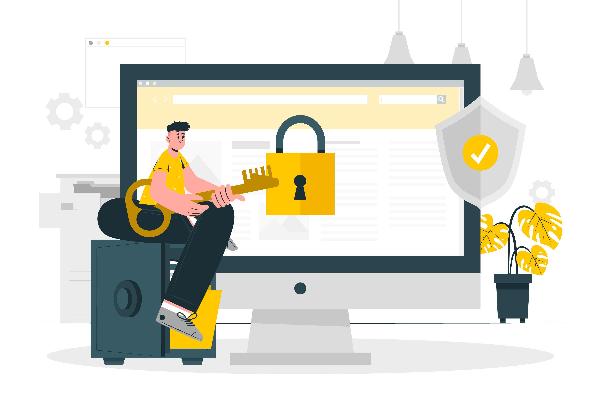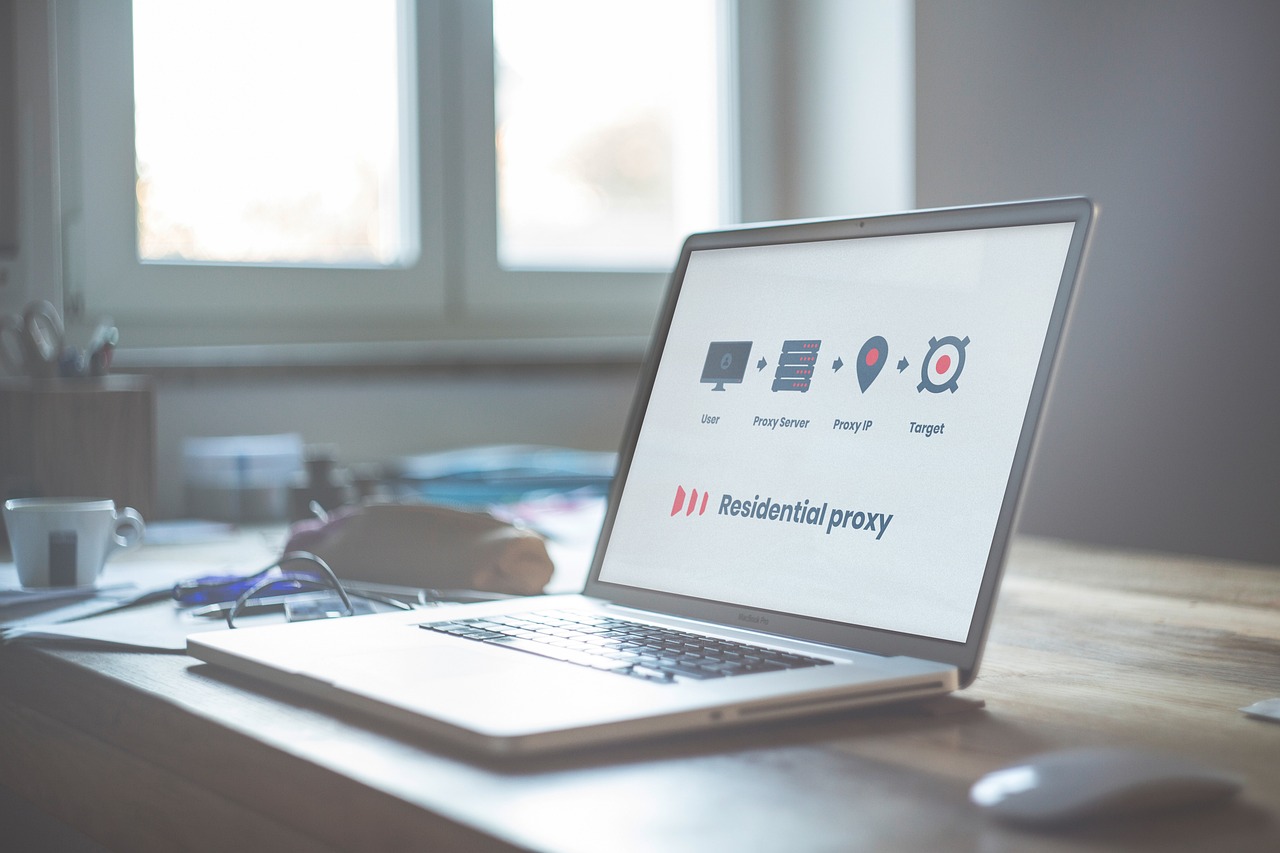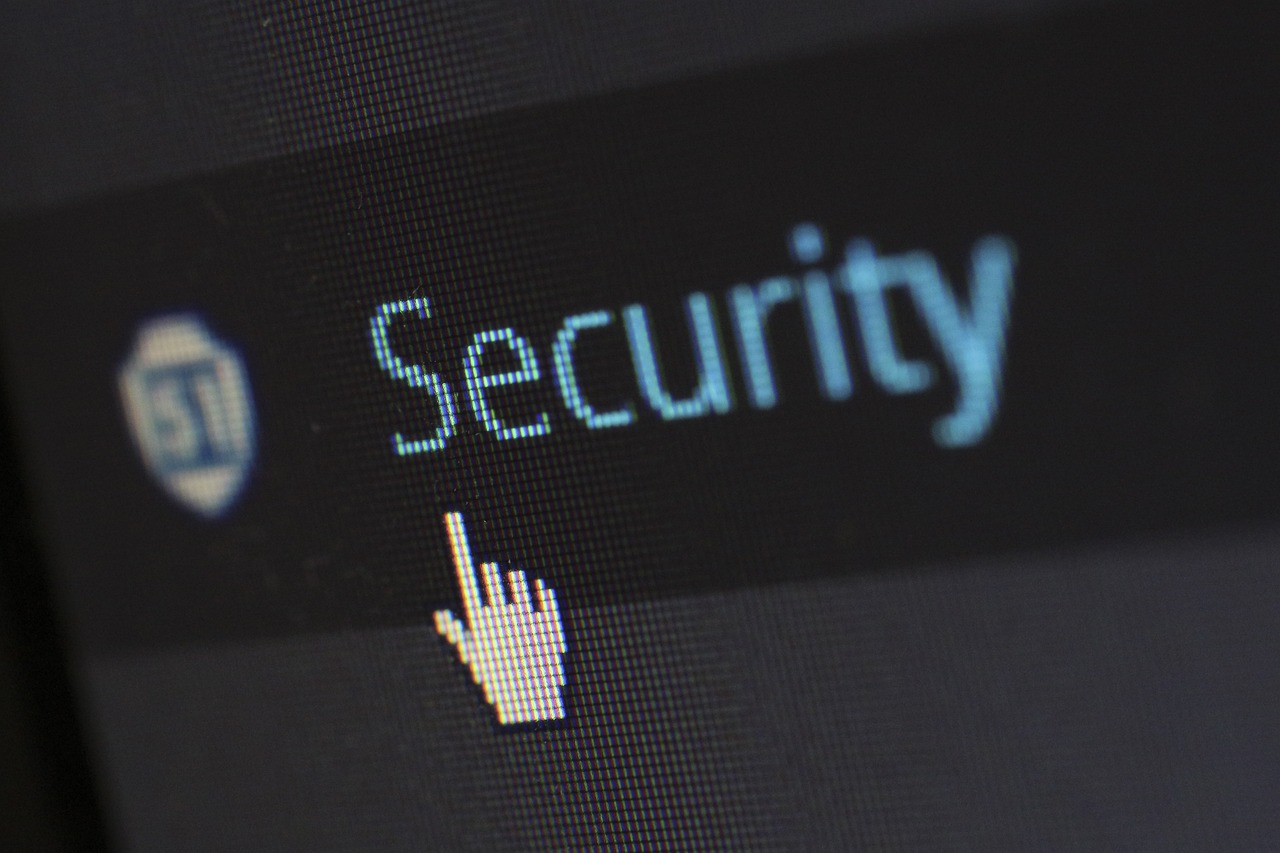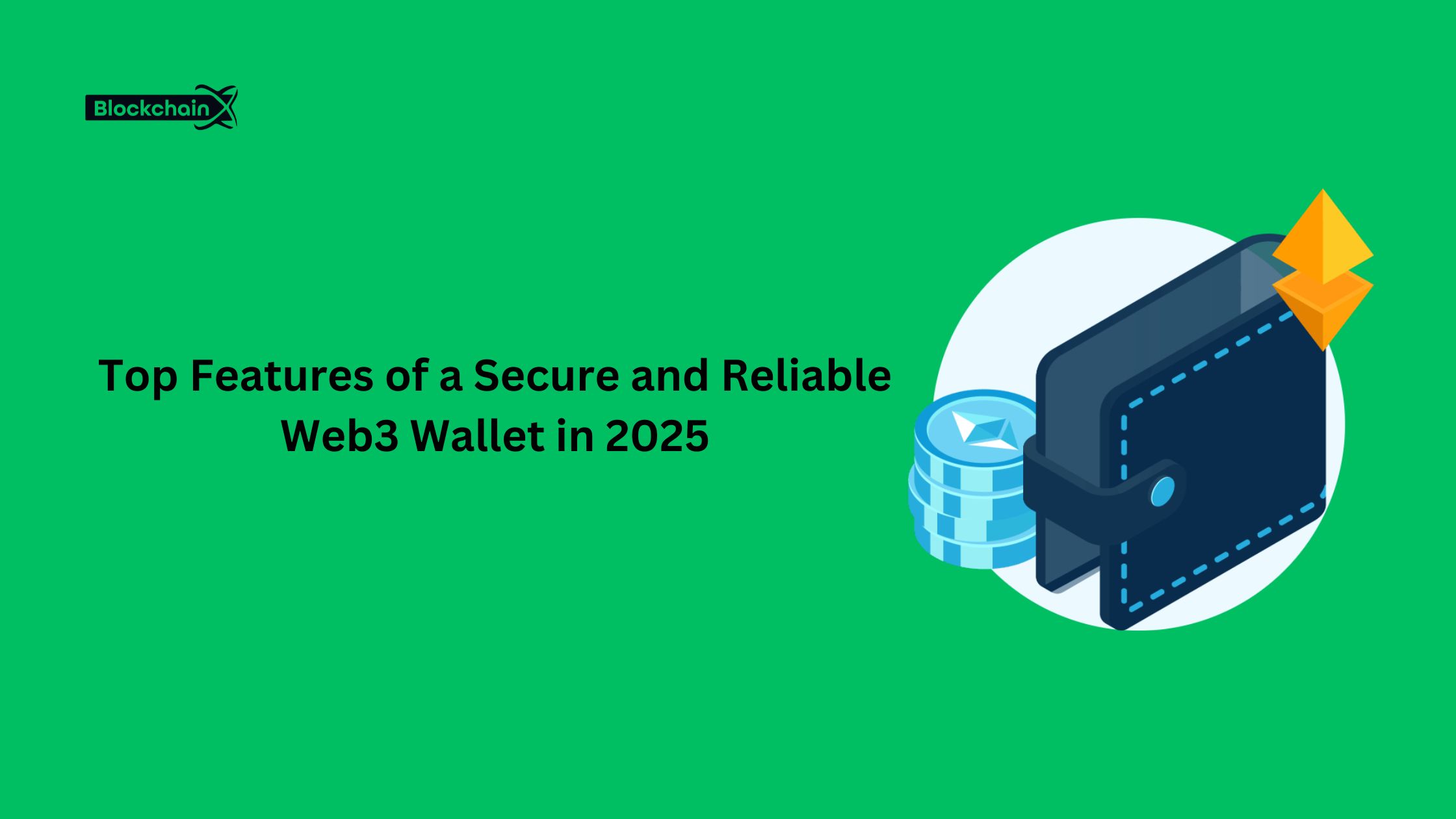How Password Leaks Happen and What You Can Do to Protect Yourself

Strong 8k brings an ultra-HD IPTV experience to your living room and your pocket.
In today’s digital age, safeguarding your online accounts is more critical than ever. Passwords are often the first line of defense against unauthorized access, but even the most cautious users can fall victim to password leaks. A password leak occurs when hackers gain unauthorized access to databases, applications, or systems containing user credentials. Once leaked, passwords can be exploited for identity theft, financial fraud, or unauthorized access to sensitive information.
So, how exactly do password leaks happen, and what can you do to protect yourself? Let’s dive into the most common causes of password leaks and explore actionable steps you can take to stay secure.
How Password Leaks Happen
1. Data Breaches
The most common cause of password leaks is large-scale data breaches. These breaches occur when cybercriminals successfully infiltrate companies or organizations, gaining access to vast databases of sensitive information, including passwords. Some notable examples include breaches at companies like Yahoo, LinkedIn, and Adobe, where millions of user credentials were exposed.
Hackers often target companies that store password information in weakly encrypted or plain-text formats. Once obtained, these credentials are sold on the dark web or used for further criminal activities. Breaches can happen due to vulnerabilities in software, weak security protocols, or simple human error.
2. Phishing Attacks
Phishing attacks are a popular method for tricking individuals into revealing their passwords. In a phishing attack, a hacker impersonates a legitimate company or service, sending emails, messages, or links designed to trick users into providing their login details. These fake websites or emails are often crafted to look identical to real ones, leading unsuspecting users to input their credentials.
Once the user provides their password on the fake platform, hackers capture it and use it to access accounts. Phishing attacks can be highly convincing, but vigilance and knowledge of phishing tactics can help prevent falling for them.
3. Brute Force Attacks
In brute force attacks, cybercriminals use automated tools to try a vast number of password combinations in a short period. These attacks rely on weak passwords—those that are too short, simple, or commonly used. When passwords like “123456” or “password” are used, they’re easily cracked through brute force methods. The more complex your password, the less likely it is to fall victim to this type of attack.
4. Password Reuse
Password reuse is a major security risk. When users recycle the same password across multiple accounts, a breach in one service can lead to vulnerabilities in others. For instance, if your email account and banking app both share the same password and one gets compromised, the hacker may be able to access both accounts. Password reuse is a dangerous practice because one leaked password can open the door to various critical services.
5. Weak Encryption
When companies fail to adequately encrypt stored passwords, they become more vulnerable to hackers. Encryption is the process of converting sensitive data into an unreadable format unless the correct decryption key is used. Without strong encryption methods, hackers can easily access stored passwords during a data breach.
How to Protect Yourself from Password Leaks
Password leaks may seem inevitable, but there are several steps you can take to protect yourself and minimize the risk of becoming a victim.
1. Use Strong, Unique Passwords
One of the most effective ways to prevent password leaks is by using strong, unique passwords for every account. A strong password should contain a mix of uppercase and lowercase letters, numbers, and special characters. Avoid using easily guessable information, like birthdays, names, or simple number combinations.
To create secure passwords without the hassle of remembering them all, consider using a reliable password generator like Upkepr. Upkepr password generator creates complex, unique passwords that are difficult for hackers to crack, making your accounts significantly safer.
2. Enable Two-Factor Authentication (2FA)
Two-factor authentication adds an extra layer of protection to your accounts by requiring a second form of verification in addition to your password. Even if a hacker gains access to your password, they won’t be able to log in without the secondary code, which is typically sent to your phone or email.
3. Monitor Your Accounts for Suspicious Activity
Regularly monitor your online accounts for any signs of suspicious activity. Many services offer notifications for unusual login attempts, password changes, or other actions. If you notice anything out of the ordinary, take immediate steps to secure your account.
4. Avoid Clicking on Suspicious Links
Be cautious of any unsolicited emails or messages asking you to provide personal information or click on unfamiliar links. Always double-check the sender's information and ensure the URL is legitimate before entering your login credentials.
5. Change Your Passwords Regularly
Changing your passwords every few months can further reduce the risk of a password leak. Even if your account was compromised, updating your password can cut off any unauthorized access.
6. Use a Password Manager
Password managers can securely store your passwords and generate strong ones for each account. By using a password manager, you only need to remember one master password, and the tool will handle the rest. This not only increases security but also convenience.
Conclusion
Password leaks are an unfortunate reality in today’s digital landscape, but taking proactive steps can help protect you from becoming a victim. From using strong, unique passwords to enabling two-factor authentication, there are several ways to bolster your online security. For generating secure passwords quickly, you can rely on tools like Upkepr password generator to keep your accounts safe from hackers. By staying vigilant and following these best practices, you can reduce the chances of falling victim to a password leak.
Note: IndiBlogHub features both user-submitted and editorial content. We do not verify third-party contributions. Read our Disclaimer and Privacy Policyfor details.







